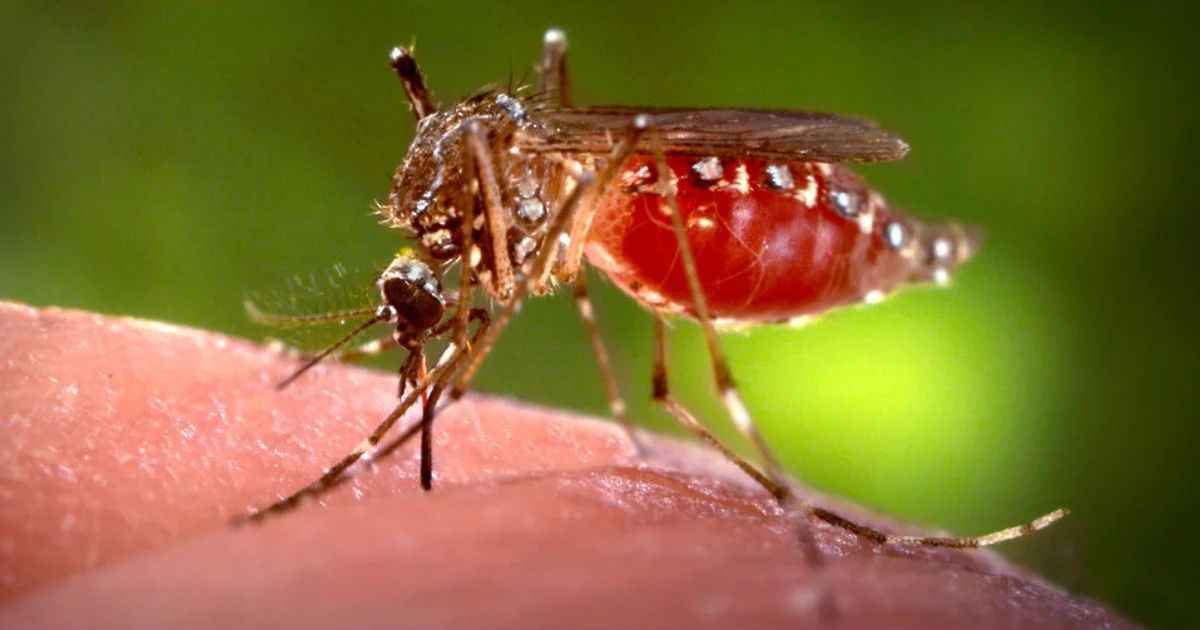Amid a climate marked by high temperatures and increased rainfall, the Centers for Disease Control and Prevention (CDC) has issued a warning about the surge in dengue fever cases in the United States. The alert, released on June 25 through the Health Alert Network, informs healthcare providers, public health authorities, and the general public about the heightened risk of infection during this period, aligning with the international trend observed in 2024.
According to the document, the current year has seen the highest rate of dengue cases. From January 1 to June 24, 2024, countries in the Americas reported over 9.7 million dengue cases, double the amount recorded in all of 2023 (4.6 million cases). The alert, also shared on social media platform X, highlights the resurgence of dengue cases globally after the COVID-19 pandemic. In 2023, over 4.6 million cases and 4,000 deaths were reported in the region. The notice emphasizes the impact of the current climate on dengue transmission, which "peaks during the warmer and wetter months in many tropical and subtropical regions."
This increase is not isolated to U.S. territory. Recent reports indicate that Puerto Rico has declared a public health emergency with 1,498 cases, while 745 cases have been identified among travelers from the mainland United States. The alert advises healthcare providers to take specific precautions, including monitoring individuals with fever who have been in areas with frequent or continuous transmission within the previous 14 days and requesting appropriate diagnostic tests.
Additionally, the document recommends promoting mosquito bite prevention measures, particularly in territories and freely associated states classified as areas with frequent or continuous dengue transmission: Puerto Rico, American Samoa, the U.S. Virgin Islands, the Federated States of Micronesia, the Republic of the Marshall Islands, and the Republic of Palau. In the rest of the country, transmission has been limited, "with sporadic cases or small outbreaks in Florida, Hawaii, and Texas," although cases have also been detected in Arizona and California.
Recently, the Florida Department of Health reported rising statistics related to the disease, mainly cases imported from Cuba. Between January 1 and May 21, the state reported 180 dengue cases, most of them in Miami-Dade County. The CDC reminded the public that the disease's symptoms appear after an incubation period of five to seven days and "manifest as fever accompanied by signs and symptoms such as nausea, vomiting, rash, muscle, joint, bone pain, pain behind the eyes, headaches, or low white blood cell counts."
The CDC also warned of a more severe form of the disease, which includes persistent vomiting, fluid accumulation, bleeding from the nose or gums, liver enlargement, fatigue, and abdominal pain.
FAQs on Rising Dengue Fever Cases in the U.S.
In light of the recent surge in dengue fever cases, many people have questions about the disease, its transmission, and prevention. Here are some frequently asked questions and their answers.
What causes dengue fever?
Dengue fever is caused by the dengue virus, which is transmitted to humans through the bite of an infected Aedes mosquito.
What are the symptoms of dengue fever?
Symptoms include fever, nausea, vomiting, rash, muscle and joint pain, pain behind the eyes, headaches, and low white blood cell counts. Severe cases may involve persistent vomiting, fluid accumulation, bleeding, liver enlargement, fatigue, and abdominal pain.
How can dengue fever be prevented?
Preventing mosquito bites is crucial. Use insect repellent, wear long sleeves and pants, and use mosquito nets. Eliminate standing water where mosquitoes can breed.
